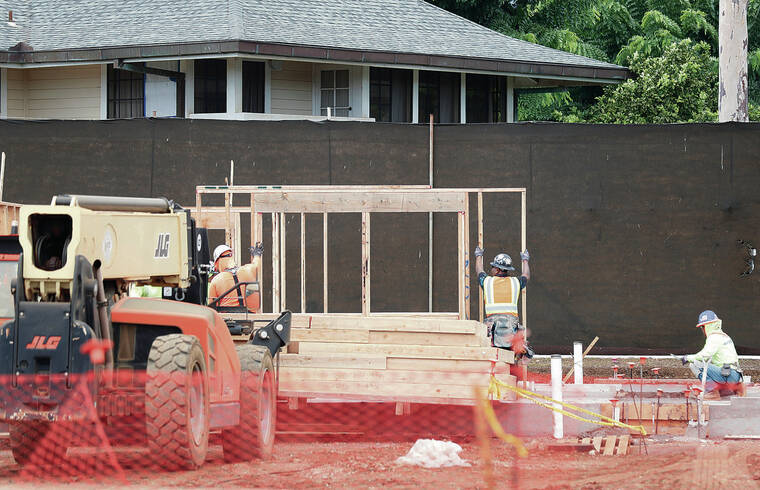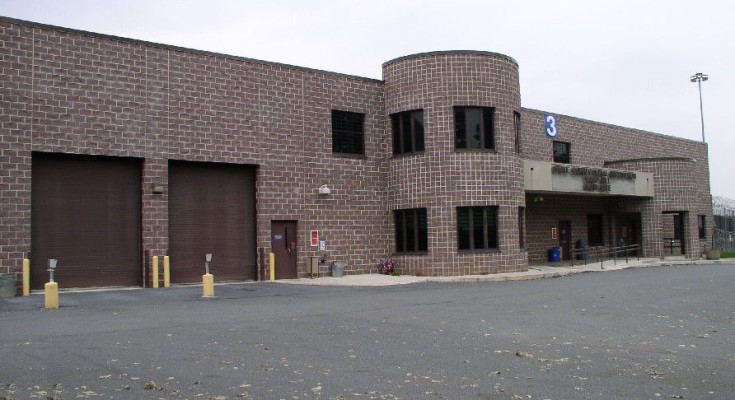
The Hawaii Supreme Court has clarified the limitations of the governor’s emergency powers in a recent ruling that upheld Governor Josh Green’s 15 emergency proclamations aimed at accelerating the development of affordable housing. While the court validated the overall intent of the proclamations, it determined that the first five proclamations exceeded the governor’s authority. This decision underscores the need for a balanced approach to emergency management.
The controversy began when Green issued his first, 60-day emergency proclamation on July 17, 2023. This initiative aimed to expedite the construction of more than 50,000 affordable housing units across the state. To achieve this, the proclamations modified various state and county regulatory procedures, including waiving certain Land Use Commission rules. The objective was to facilitate the construction of affordable housing in one of the most expensive regions in the United States.
In September 2023, lawsuits emerged in response to Green’s proclamations, notably one filed by Lance Collins and three other attorneys on behalf of nine individuals in Maui Circuit Court. They contested the legal authority of Green’s Build Beyond Barriers Working Group, arguing that the proclamations infringed on the separation of powers outlined in the Hawaii Constitution. The Maui court dismissed the claims, prompting an appeal.
On February 23, 2024, Green dissolved the Build Beyond Barriers Working Group, which had operated under the emergency proclamation for seven months. This group had been tasked with fast-tracking housing developments, having already approved a project that converted a downtown Honolulu office into 52 rental apartments.
In its ruling, the Hawaii Supreme Court acknowledged that while the first five proclamations were related to public health, safety, and welfare, they also “exceeded the scope of the emergency management statute.” The court noted that the certification process established by the working group was overly broad and not specifically tailored to address the affordable housing crisis.
The justices stated, “More housing alone does not correlate to more affordable housing in the short term. Expediting development generally is not a targeted, urgent solution to the lack of affordable housing.” The ruling emphasized that the process allowed for the fast-tracking of all housing developments, not just those that were affordable.
Collins expressed satisfaction with the court’s decision, describing it as a new “statewide standard for reviewing executive emergency powers.” He highlighted the importance of ensuring that emergency powers are exercised responsibly, particularly in urgent matters like affordable housing. Leonard “Junya” Nakoa, another plaintiff, echoed this sentiment, noting that the ruling protects against unchecked authority by the governor in favor of private developers.
In response to the ruling, Green stated that his administration had prevailed in validating the Affordable Housing Emergency Proclamations. He emphasized the necessity of increasing affordable housing to alleviate Hawaii’s high cost of living and reiterated his commitment to overcoming obstacles that hinder housing development.
Representing Green in the case, Deputy Solicitor General Ewan C. Rayner commended the decision as an affirmation of the governor’s ability to address emergencies that threaten public welfare. Rayner noted that the ruling recognized the governor’s authority to declare such emergencies and implement reasonable measures in response.
The recent ruling by the Hawaii Supreme Court highlights the ongoing challenges and complexities surrounding affordable housing development in the state. It also sets a precedent for how emergency powers can be checked, ensuring that the balance of governance is maintained while addressing critical issues.







